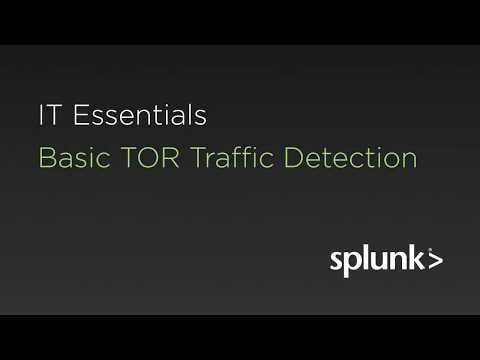The answer is a YES! If you have backed up files before formatting the USB flash drive, you can directly format the USB without losing files. Nevertheless, if you didn't backup data beforehand, you still have the chance to format a flash drive without losing data.
- Will formatting my USB delete everything?
- Can you recover data from USB after formatting?
- Is it safe to format USB?
- How many times can you format a USB?
- Can you format a USB multiple times?
- Does formatting actually remove data?
- Should I quick format or full format USB?
- Does formatting to FAT32 delete everything?
- Will I lose data if I reformat?
- Does a full format erase all data?
- Is exFAT better than NTFS?
Will formatting my USB delete everything?
Will formatting a USB drive delete everything? Yes. The act of formatting a pen drive or memory stick removes all data being stored on the device.
Can you recover data from USB after formatting?
Data recovery software can be used to essentially unformat a USB drive. While from a strictly technical perspective it is impossible to reverse the formatting process, you can undo most of the damage done to the data that resided on the drive before the process was performed.
Is it safe to format USB?
It's not the most secure way to delete your files because the data may still be recoverable with data recovery tools. Full format: Will scan for bad sectors and write zeros in all sectors, which deletes all data permanently. This action can take a long time, depending on the capacity of the drive.
How many times can you format a USB?
USB Flash Drives Have Finite Number of Write/Erase Cycles
USB flash drives can withstand between 10,000 to 100,000 write/erase cycles, depending on the memory technology used. When the limit is reached, some portion of the memory may not function properly, leading to lost of data and corruption.
Can you format a USB multiple times?
Overwriting entire flash drive with zeros or full formatting will significantly shorten its lifespan. However, simply quick-formatting or just deleting all files off the drive is completely safe and doesn't wear it more than regular usage.
Does formatting actually remove data?
The answer is no. Formatting does not erase data on the disk, which only makes file recovery much more difficult.
Should I quick format or full format USB?
In case you need to format a brand-new data storage device, you should perform a full format. But if your drive has been already formatted and you are absolutely sure that it doesn't have damaged nor logical bad sectors, a quick format would be enough.
Does formatting to FAT32 delete everything?
Does formatting a USB to FAT32 delete everything? Yes, when you format a USB drive, all references to the files stored on it get wiped clean—regardless of which file system you choose.
Will I lose data if I reformat?
Otherwise, formatting a hard drive using the quick format option (or an earlier version of Windows) will not actually erase all of its stored data. When you choose to format a hard drive, you are essentially only removing the pointers to the data as the partition table is either cleared or rebuilt.
Does a full format erase all data?
A full format erases any files from the disk, changes (or maintains) the file system and checks the disk for bad sectors. A full format takes significantly longer than a quick format. Windows supports both FAT and NTFS for both quick and full formats.
Is exFAT better than NTFS?
In a debate regarding exFAT vs NTFS vs FAT32, NTFS is the best format for storage devices with Windows operating system. However, exFAT is best for portable storage devices due to more efficient power and memory management. It also allows you to use a storage device on both Windows and macOS.
 Torgeek
Torgeek


![How do darknet merchants ensure the shipping of illegal goods to customer's home? [closed]](https://torgeek.com/storage/img/images_1/how_do_darknet_merchants_ensure_the_shipping_of_illegal_goods_to_customers_home_closed.jpg)
